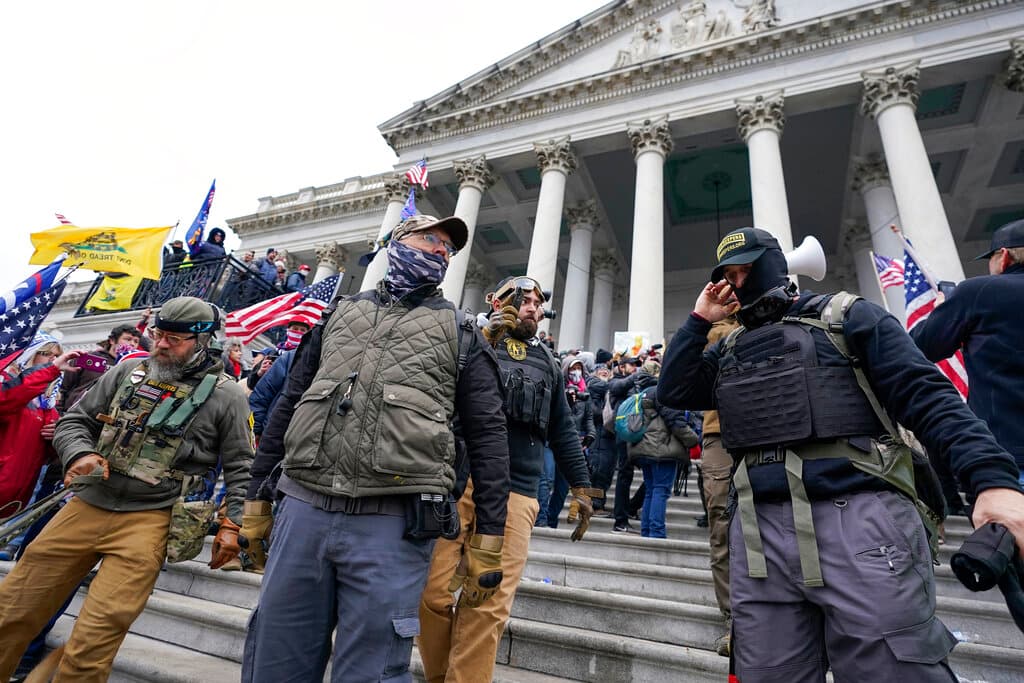After Durham Report Excoriates FBI for Abuse of Power, GOP Won’t Reauthorize FISA Spy Law Without Reforms
‘Reforms are necessary,’ Representative Mike Turner told the Washington Examiner. ‘We will be taking up the issue of reforms, and they will not be limited to 702 itself.’

The chairman of the House Intelligence Committee, Mike Turner, said the GOP won’t back reauthorizing a provision of the Foreign Intelligence Surveillance Act without major changes, signaling a bipartisan coalition in support of modifying the act that allows for spying on Americans with the approval of a secret court.
Please check your email.
A verification code has been sent to
Didn't get a code? Click to resend.
To continue reading, please select:
Enter your email to read for FREE
Get 1 FREE article
Join the Sun for a PENNY A DAY
$0.01/day for 60 days
Cancel anytime
100% ad free experience
Unlimited article and commenting access
Full annual dues ($120) billed after 60 days

